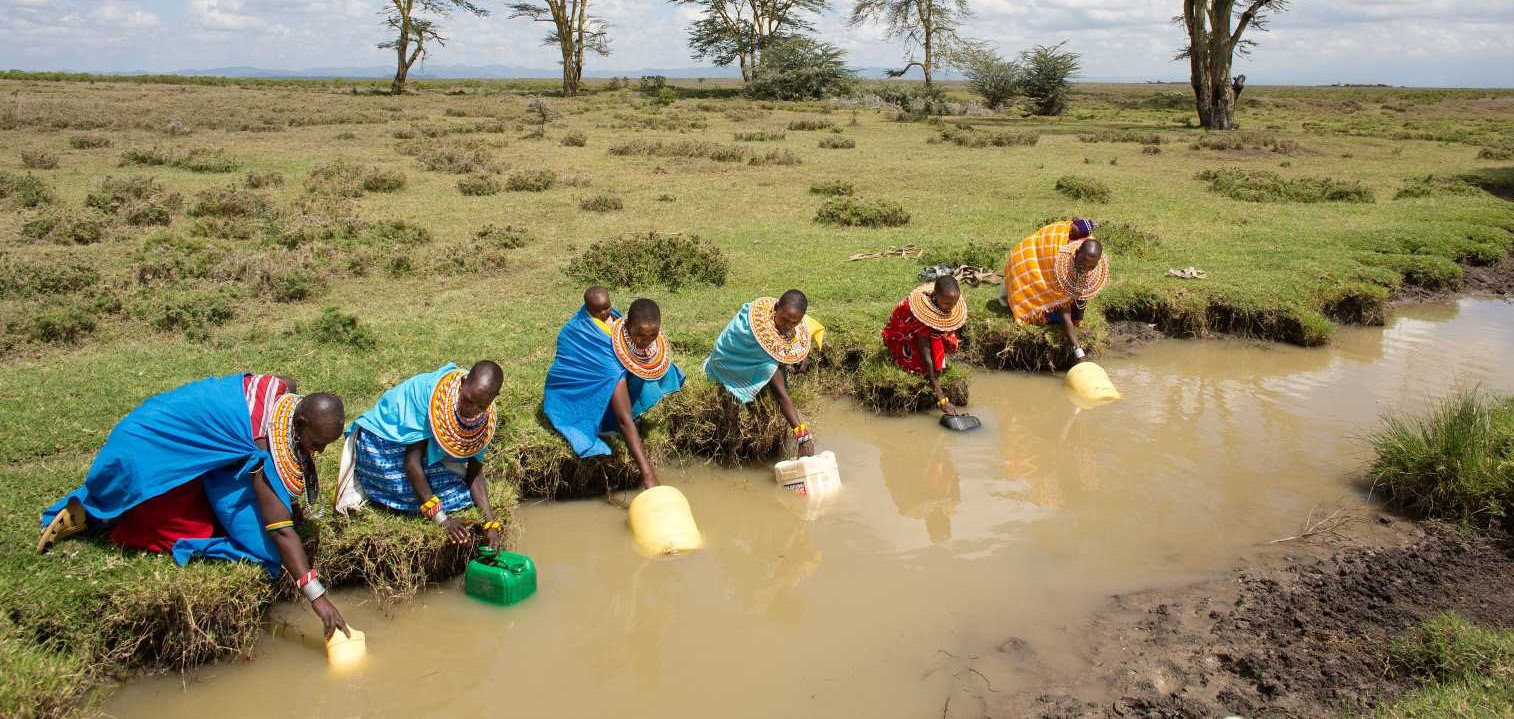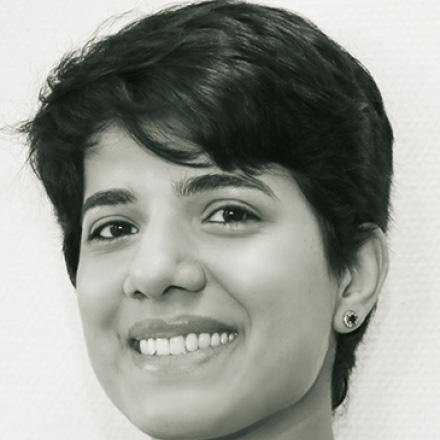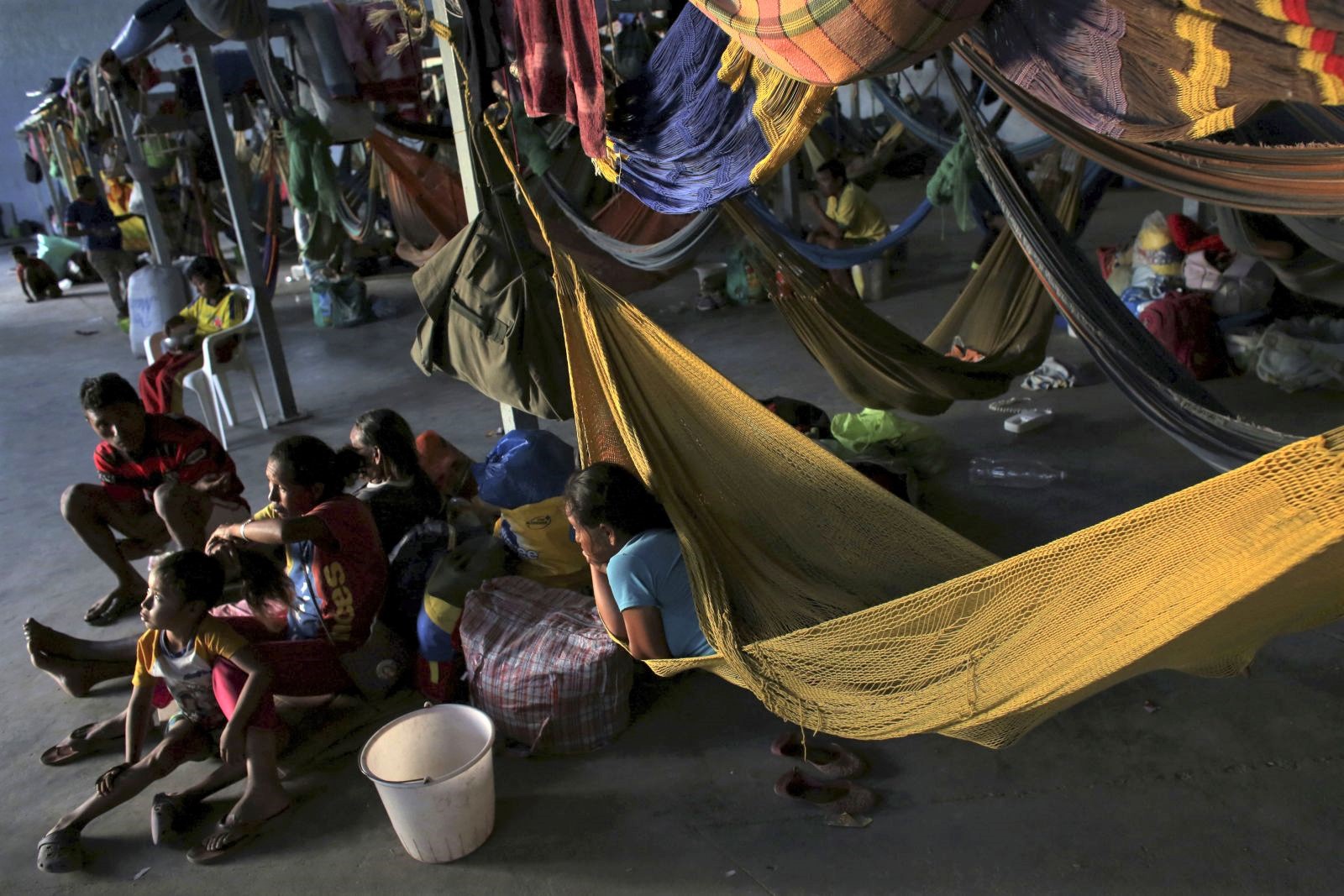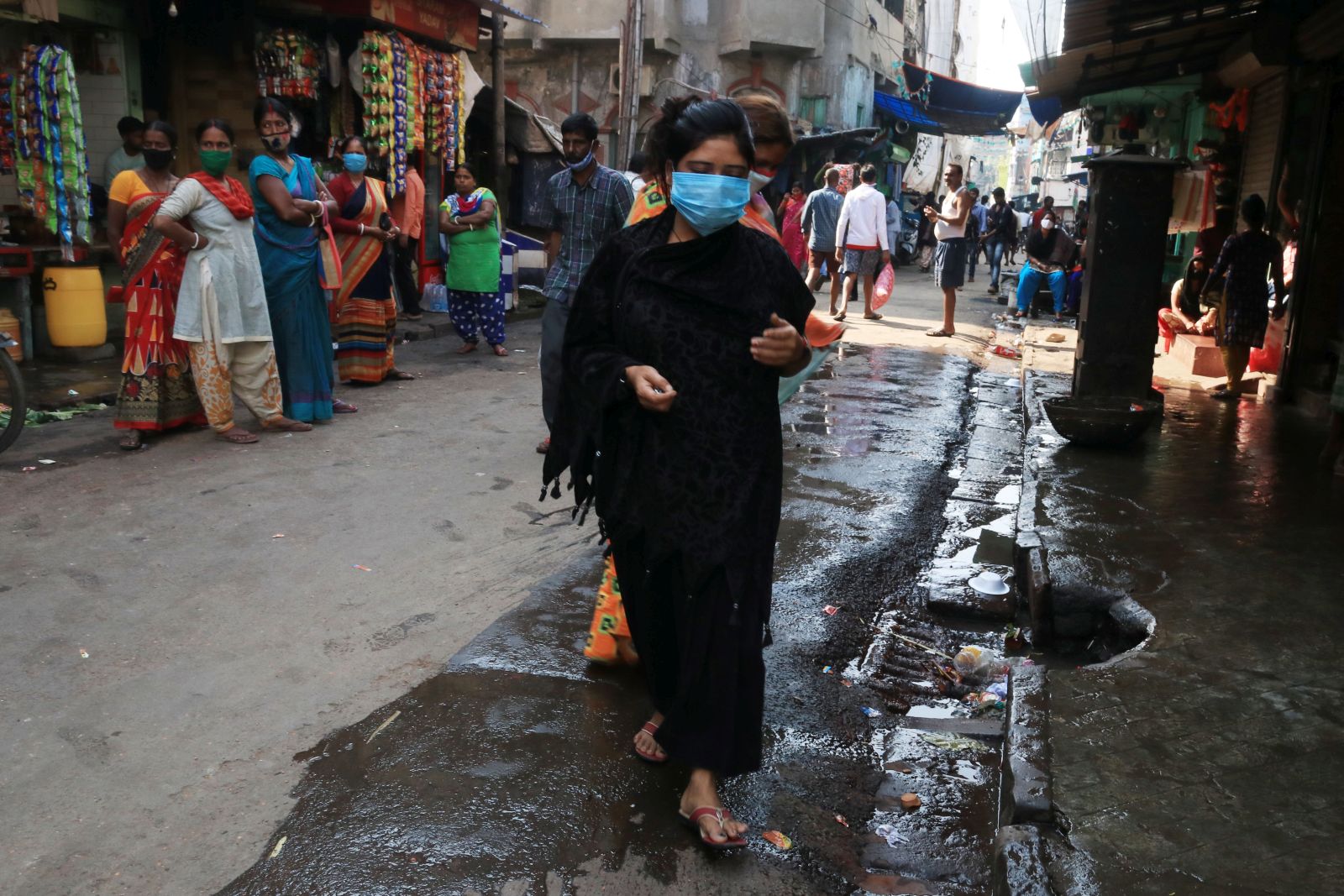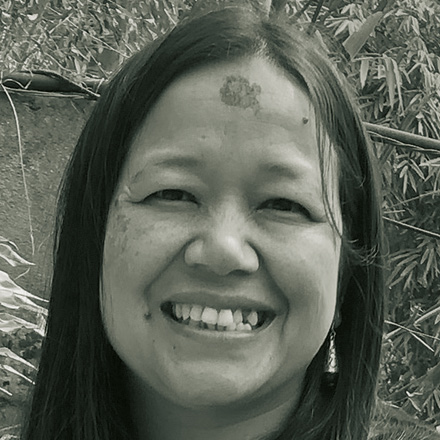Refugees
Earning a living with pottery
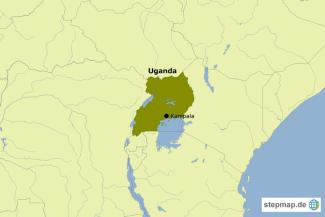
Molly has been living in Uganda for the past four years after fleeing from her home in Pajok, due to continued violence. As a refugee living in Arua in the West Nile region of Uganda, life has been very hard for Molly and her family with little to eat and dependent on humanitarian aid. These circumstances made her think about how to help herself.
She remembered that as a young girl she picked interest in pottery, paying keen attention to her aunt and mother making pots from clay. So she decided to start moulding pots and selling them for a living.
In many African cultures, clay pots are very popular. They are used for storing cold water, decoration and preparing food. Locals in Uganda believe that food and sauce cooked in clay pots taste better than meals cooked in steel pans.
I asked Molly to describe pot moulding. “It starts with the extraction of clay soil which is only found along river banks or near swamps”, she said. Clay soil is smooth, soft and rich, and when moulded, it holds firmly together. “After digging out, we cover it for a day or two to make it moister and richer. After that, it is ready to be processed and can be given any form.” Among other things, Molly creates water pots, cooking pots, decorations, cups, flower pots and dishes. To make the pottery strong, durable and ready for sale, Molly burns them in hot fire.
According to Molly, many young girls want to learn from her how to mould pots. She willingly shows them how to do it. But, she explains, not everybody can mould pots, because the handicraft is a passion: “I am gifted. To me pottery is inspirational, creative, and I am motivated when clients come and buy my pots.”
Molly faces numerous challenges including scarcity of clay soil with land owners charging for every scoop. And the market is competitive because many refugees and host communities make pots. However, Molly and her family manage to make a decent living from the sale of their products. Moreover, Molly is a motivation and inspiration to many young refugees who may feel disempowered to rise up.
Gloria Laker Aciro Adiiki is a journalist and media trainer in Kampala, Uganda. She coordinates the Uganda Refugee and Migration Media Network and heads the Peace Journalism Foundation of East Africa.
glorialaker@gmail.com
Twitter: @GloriaLaker
